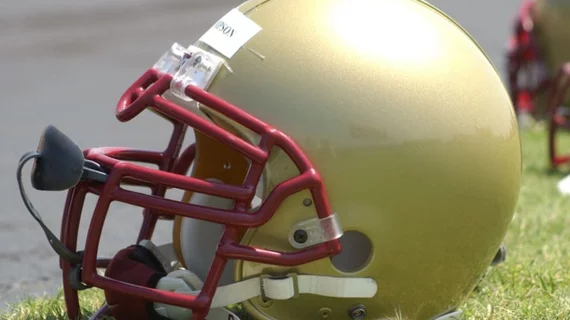NFL hands out $35M in grants for brain injury research
The NFL, on Thursday, Nov. 15, awarded more than $35 million in grants for research focused on the diagnosis and treatment of concussion-related brain injuries, according to the league. The grants are part of its 2016 commitment to enhance player safety.
A Scientific Advisory Board, created by the NFL, and chaired by former U.S. Army General, Peter Chiarelli, reviewed 129 grant proposals. The board whittled the group down to eight finalists who gave oral presentations, and ultimately recommended five finalists for funding.
The grant recipients include:
- A more than $6 million grant to the University of Pittsburgh and University of Pittsburgh Medical Center (UPMC) for its “Prevalence of Brain Health versus Neurodegeneration in Professional Football Retirees” project.
- More than $14.5 million for “A Prospective, LONGitudinal and Translational Study for Former National Football League Players” at Boston Children’s Hospital and Harvard Medical School.
- A $9.4 million grant to “Surveillance in High Schools to Reduce Concussions in Youth” led by a group at the University of Calgary.
- More than $3.4 million for the project “Transforming Research and Clinical Knowledge in Traumatic Brain Injury (TRACK-TBI Longitudinal),” led by researchers at the University of California-San Francisco.
- More than $1.5 million to “The Spectrum of Concussion: Predictors of Clinical Recovery, Treatment and Rehabilitation, and Possible Long-Term Effects” led by a team at Spaulding Rehabilitation Hospital and Harvard Medical School.
Investigative teams must meet an “annual timeline of mutually agreed upon research deliverables,” according to the league’s statement, and will meet to report their findings at an annual conference. It's time and location was not specified in the NFL's statement.

